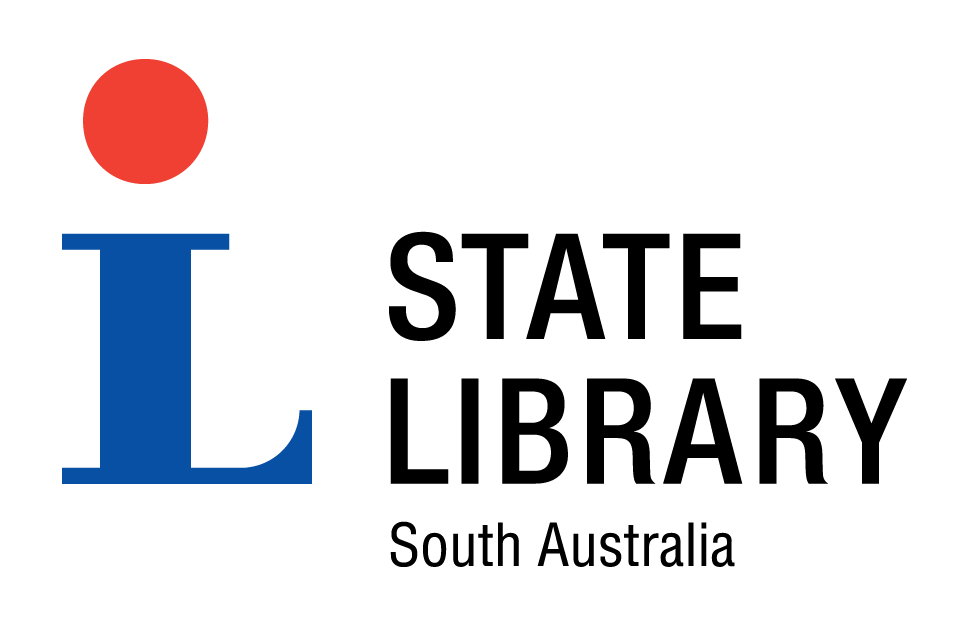
Pickey boys at Moonta Mines |
|||
|---|---|---|---|
| Title : | Pickey boys at Moonta Mines |

|
|
| Date of creation : | ca. 1900 | ||
| Format : | Photograph | ||
| Catalogue record | |||
| The State Library of South Australia is keen to find out more about SA Memory items. We encourage you to contact the Library if you have additional information about any of these items. | |||
| Copyright : | Reproduction rights are owned by State Library of South Australia. This image may be printed or saved for research or study. Use for any other purpose requires permission from the State Library of South Australia. To request approval, complete the Permission to publish form. |
| Description : |
'Pickey' boys were young boys employed in the mines of Cornwall on surface work. Thousands of Cornish miners and their families were brought to the 'Copper Triangle' to work in the mines, bringing with them the same practices and terms that had been used in Cornwall for hundreds of years. Mines were named using the Cornish term 'wheal,' women employed in the mines were referred to as 'bal (mine) maidens,' and 'launders' (gutters) carried the pumped water away. Boys could begin in the mines at the age of 11 or 12, although old hands recalled that the Yelta mine managers required that the boys could read and write before they were taken on. A 'tributer' might take his 14 year old son underground as his assistant. When compulsory education was introduced in South Australia in 1875, working families felt the loss of income from children no longer able to go out to work. There was particular concern amongst the mining families of the Yorke Peninsula, where uncertain mining returns, as well as the deaths of miners in the too-frequent accidents, meant money earned even by young children was often desperately needed. The job of the pickey boys was to sort the ore when it was brought to the surface, into 'prill' (rich ore), 'alvins' (low grade) or 'attle' (waste). A 'grass captain' (surface manager) supervised them. Young boys were also employed as 'whim boys' to drive the horses attached to the wooden wheels driving the pumps removing water from the mines. Reportedly, the boys had a rhyme which made fun of the mine captains, Paynter, Bunny and Skinner went over the hill to dinner. Paynter died, Bunny cried, and Skinner ate all the dinner. (Moonta people's weekly, 9 December 1965, p. 2) |
| Subjects | |
| Coverage year : | 1900 |
| Place : | Moonta (S. Aust.) |
| Region : | Yorke Peninsula |
| Further reading : | [Editorial], Yorkes Peninsula advertiser, 14 January 1873, p. 2 'Fifty years ago by Udanaw,' People's weekly, 23 October 1926, p. 2 Pryor, Oswald. Australia's little Cornwall, Adelaide, S. Aust.: Rigby, 1962 |


